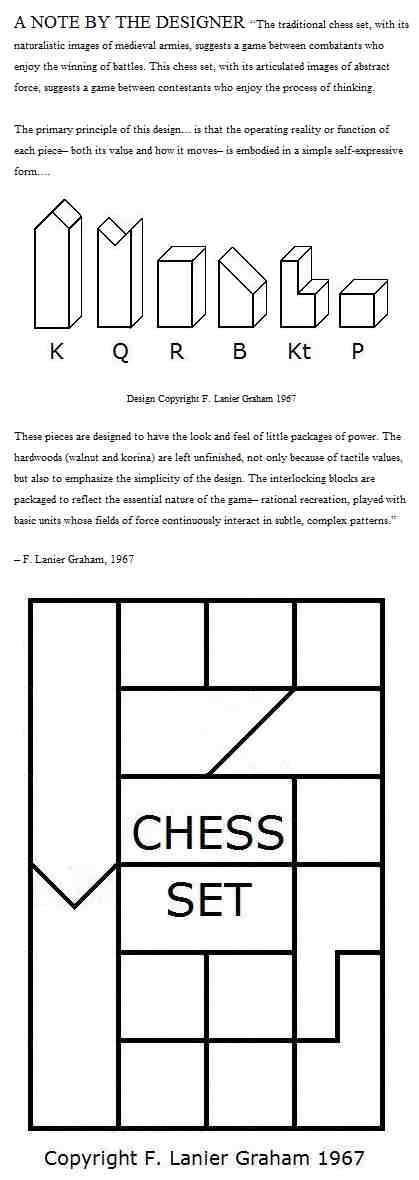“There was a young artist named Tony….”
Tony Stark in The Avengers , May the Fourth, 2012
Science fiction author Mike Resnick "died very early today,
January 10, 2020, a little after midnight," his daughter wrote,
according to a Heavy.com article dated "Jan 9, 2020 at 11:07 am."
That date of death accordingly should be "January 9, 2020."
But perhaps the saying "print the legend" is relevant here.
For related fiction, see Resnick's The Dark Lady in this journal
and …
"There was a young lady named Bright
Whose speed was far faster than light;
She set out one day
In a relative way
And returned on the previous night."
[Link added.]
— According to quoteinvestigator.com, this is from the
December 19, 1923, Punch, or The London Charivari ,
Volume 165, "Relativity" (Limerick), page 591, column 1.
From a search for Limerick in this journal —
"C A V E S is an exhibition of three large scale works,
each designed to immerse the viewer, and then to
confront the audience with a question regarding how far
they, as privileged viewers of the shadows and reflections
being played out upon the walls, are willing to allow
themselves to believe what they know to be a false reality."
For Evangeline
(Some background — See Limerick in this journal.
See also "He's a mad scientist and I'm his beautiful daughter.")
"There was a young lady named Bright…."
|
"You read too slow, Daddy," she complained. She was childishly irritable about it. "You say a word. Then I think a long time. Then you say another word." I knew what she meant. I remember, when I was a child, my thoughts used to dart in and out among the slowly droning words of any adult. Whole patterns of universes would appear and disappear in those brief moments. "So?" I asked. "So," she mocked me impishly. "You teach me to read. Then I can think quick as I want." "Quickly," I corrected in a weak voice. "The word is 'quickly,' an adverb." She looked at me impatiently, as if she saw through this allegedly adult device to show up a youngster's ignorance. I felt like the dope! |
Related material — The Quick and the Dead
* For example, from the Marvel Comics realm
Or: High White Noon (continued from previous episodes)
"… taking a traditional piece of music with some culturally
relevant connection and using it as the central motif of the
broader arrangement. In this case, it was the Irish ballad
'Limerick’s Lamentation.' (It’s usually played on a fiddle,
I think, but here’s an interesting version on a
hammered dulcimer.)"
— 30 Years of Coens: Miller's Crossing ,
by Christopher Orr in The Atlantic ,
Sept. 10, 2014
( Continued )
Log24 on January 31, 2015 —Spellbound (continued)The New York Times this morning, in an “… the first known crossword puzzle appeared in See St. Nicholas magazine, November 1874, p. 59 :
|
On that same date …
| The Seattle Times , Feb. 8, 2015, updated Feb. 12—
“… you begin by filling in the missing words Dice, yAhtzee, woN, yahTzee, twicE; The capital letters help to show what comes next, You take the first letter of the first inserted word, |
See also two other dates, June 3, 2015, and June 10, 2015,
in this journal and in the life of the puzzle author.
The date of the puzzle’s answer, Feb. 8, 2015, is also
not without interest.
“Click on fanciful .”
A chess set previously mentioned in this journal—

These chessmen appeared in the weblog Minimalissimo
on Sept. 20, 2010. In Log24 on that date, the issue was
not so much the chessmen as the underlying board.
See "The Unfolding." See also the following from
the Occupy Space gallery in Limerick today—
| C A V E S – Anthony Murphy Solo Exhibition Opening 7 pm Thursday 1st Dec Exhibition 2nd – 22nd Dec 2011 Plato's allegory of the cave describes prisoners, inhabiting the cave since childhood, immobile, facing an interior wall. A large fire burns behind the prisoners, and as people pass this fire their shadows are cast upon the cave's wall, and these shadows of the activity being played out behind the prisoner become the only version of reality that the prisoner knows. C A V E S is an exhibition of three large scale works, each designed to immerse the viewer, and then to confront the audience with a question regarding how far they, as privileged viewers of the shadows and reflections being played out upon the walls, are willing to allow themselves to believe what they know to be a false reality. The works are based on explorations of simple 2D shapes; regular polygons are exploded to create fractured pattern, or layered upon one another until intricate forms emerge, upon which the projections can begin to draw out a third dimension. |
Powered by WordPress